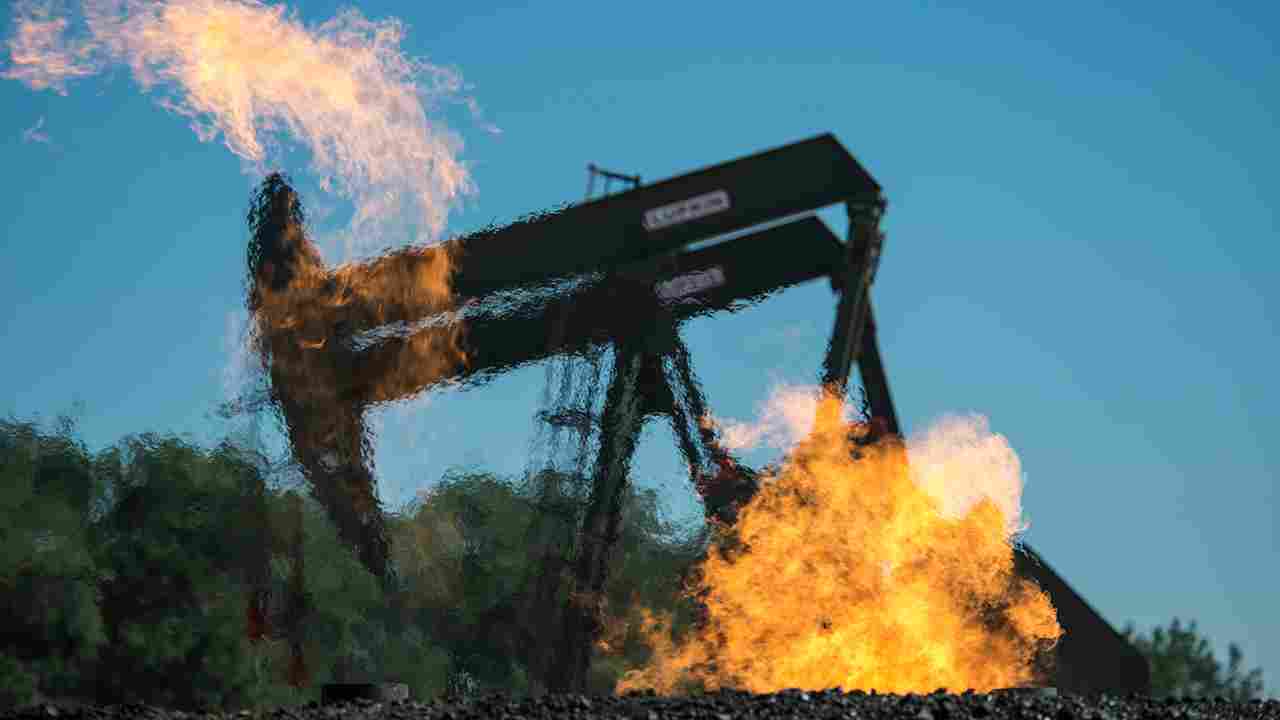Biden administration looks to ‘turbocharge’ climate action with methane leak rules
Dec 2, 2023 / GMT+6
In an announcement at the United Nations Climate Change Conference in Dubai, also known as COP28, the Biden administration declared its finalized standards to curb the release of methane into the atmosphere by oil and gas companies. The administration believes that this move will greatly accelerate climate action in the United States.
Under these standards, emitters will be required to eliminate the routine flaring of natural gas in new wells within a two-year timeframe. Additionally, they will be obligated to monitor for methane leaks and establish new guidelines for high-emitting equipment such as controllers, pumps, and storage tanks, which form a significant part of the infrastructure utilized for transporting oil across state boundaries.
 Methane is a highly potent greenhouse gas that has the ability to trap about 80 times more heat than carbon dioxide. Remarkably, oil and gas companies are the largest contributors to methane emissions in the country.
Methane is a highly potent greenhouse gas that has the ability to trap about 80 times more heat than carbon dioxide. Remarkably, oil and gas companies are the largest contributors to methane emissions in the country.
The Biden administration's national climate adviser, Ali Zaidi, declares these as the crucial road rules that must be followed. We can no longer make excuses for allowing these emissions to continue spreading. The industry has all the necessary tools, a motivated workforce, and strong incentives to tackle this challenge head-on.
The Environmental Protection Agency has reported that these new standards will go even further than previous proposals from 2021 and 2022, reducing methane emissions by 80% in the future. The standards aim to address both hundreds of thousands of existing sources of emissions and other harmful air pollutants.
Companies that fail to comply or are found to be violating these standards face the possibility of EPA intervention.
The plan places a significant emphasis on oil and gas companies adopting monitoring technology for their sites. It also promotes the use of innovative tools like aerial screening, sensor networks, and satellites to help operators quickly detect and repair leaks.
According to the EPA, implementing the plan would effectively reduce approximately 58 million tons of methane emissions between 2024 and 2038. This reduction is equivalent to mitigating 1.5 billion metric tons of carbon dioxide. Furthermore, considering the costs of compliance and the savings obtained from recovered natural gas, the plan is projected to generate a total net benefit ranging from $97 billion to $98 billion between 2024 and 2038.







